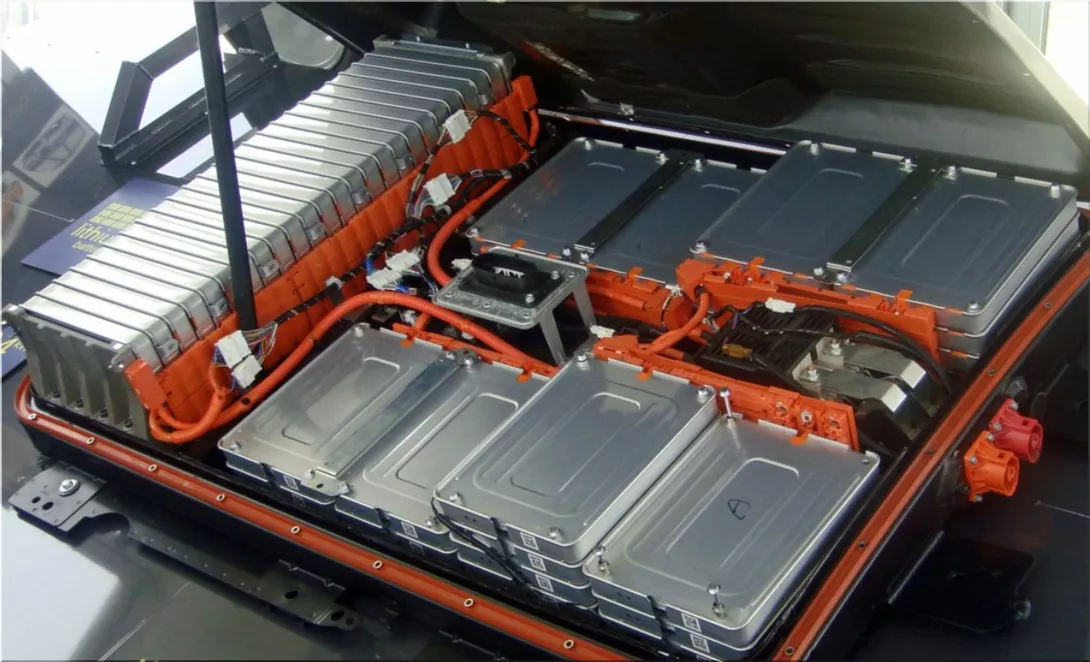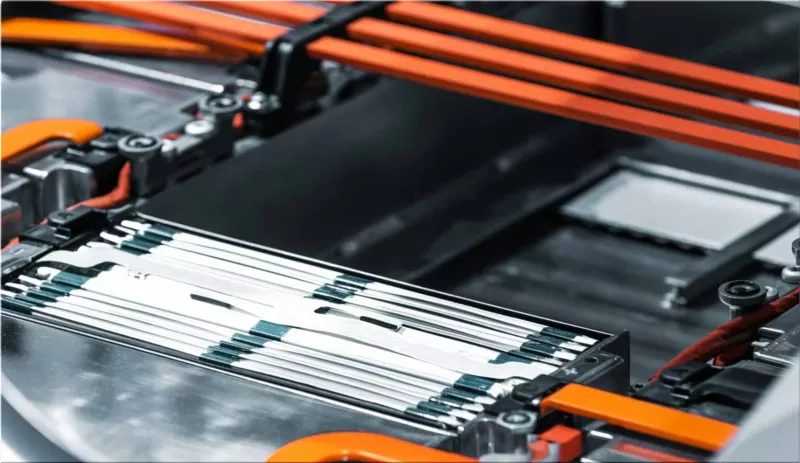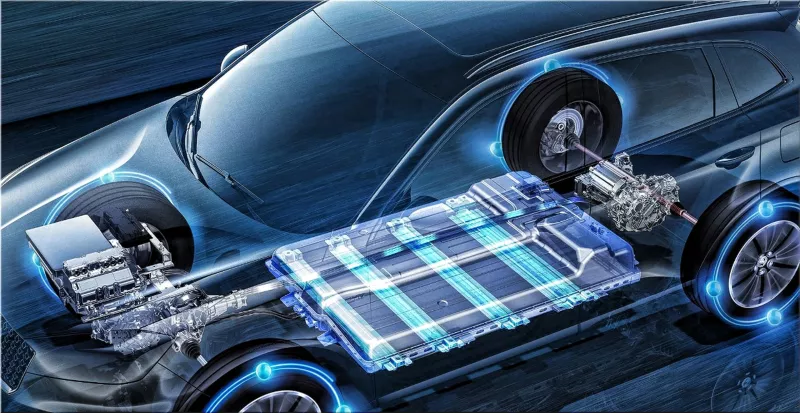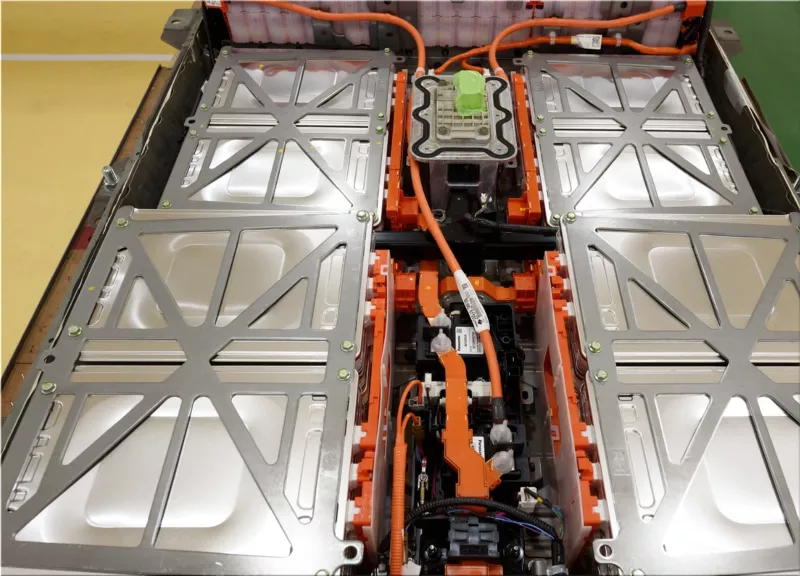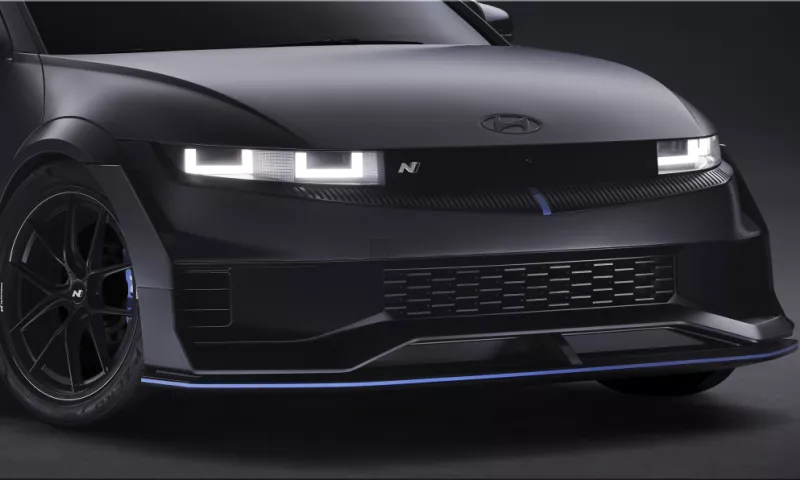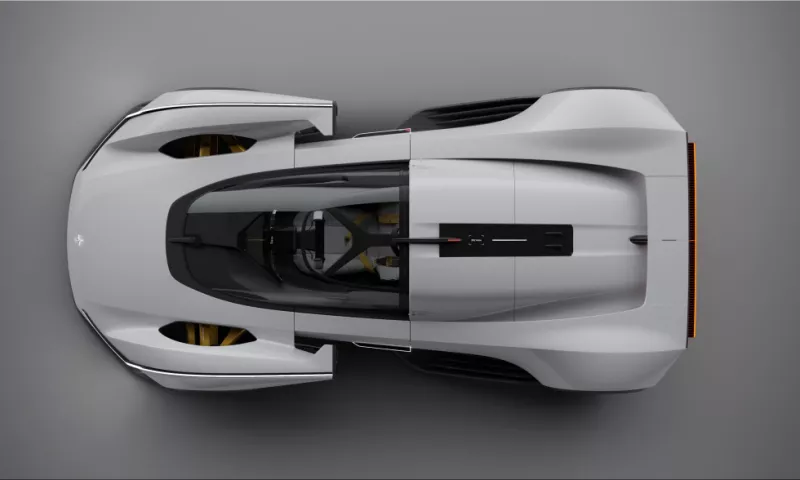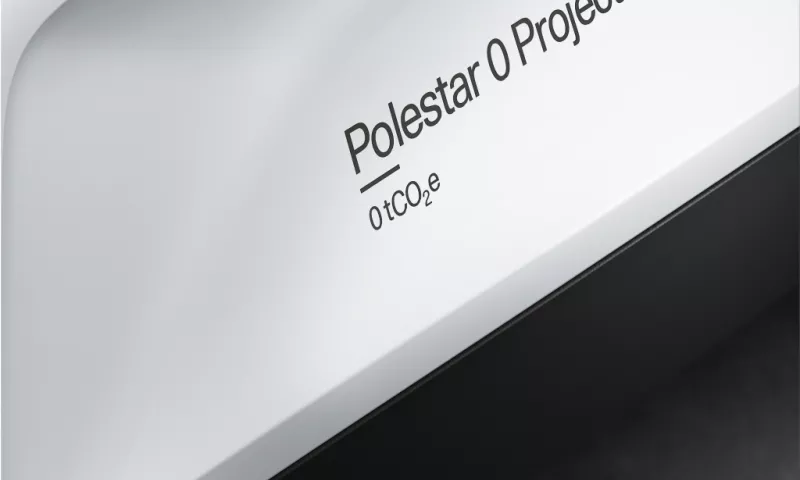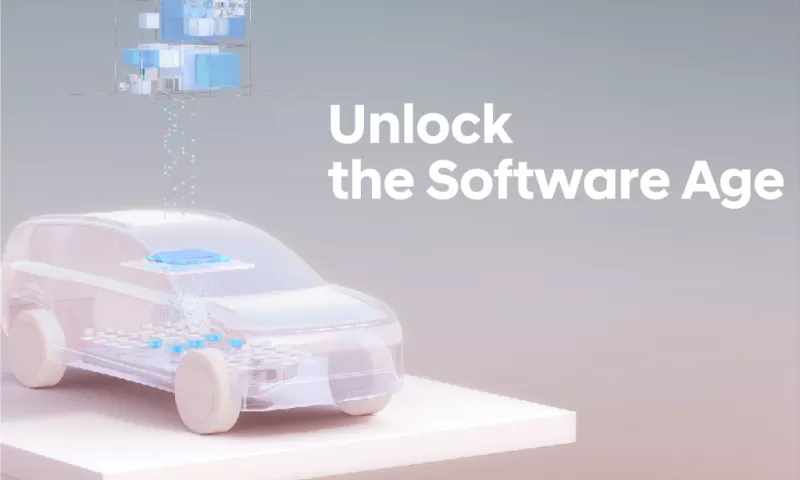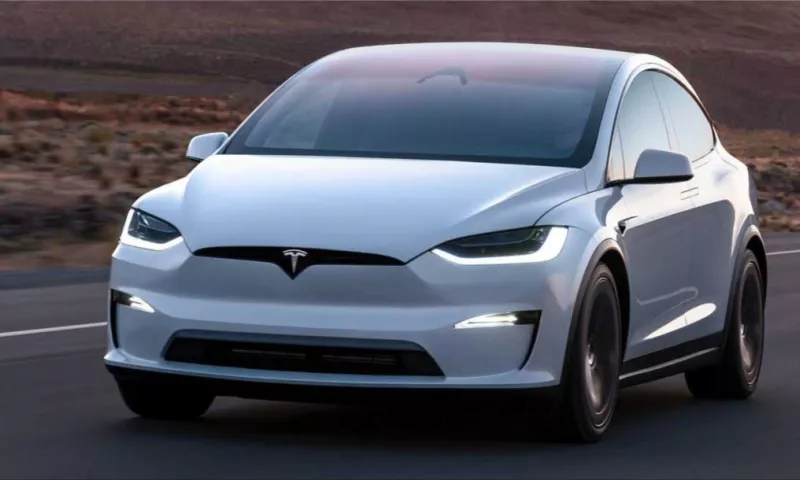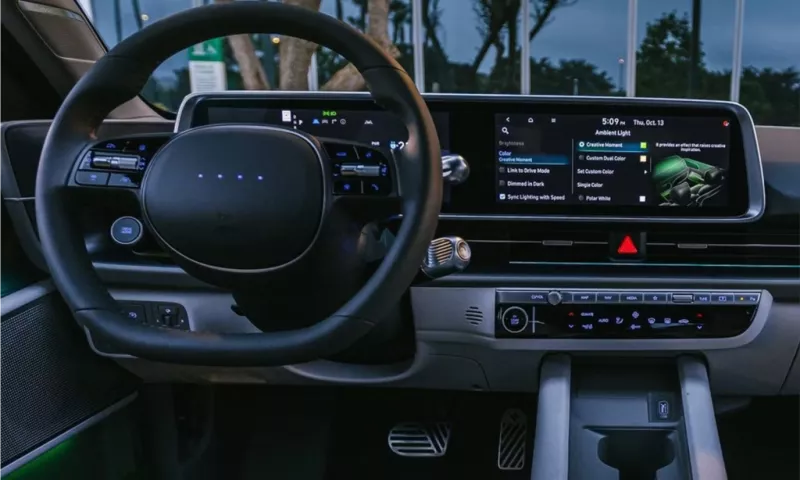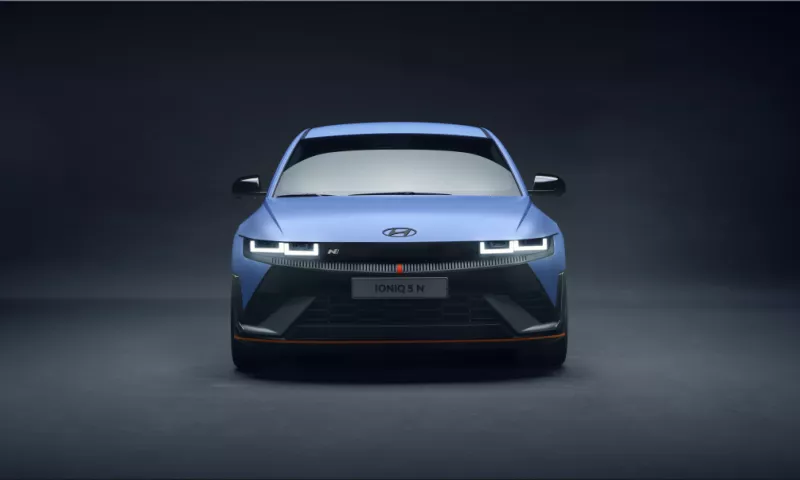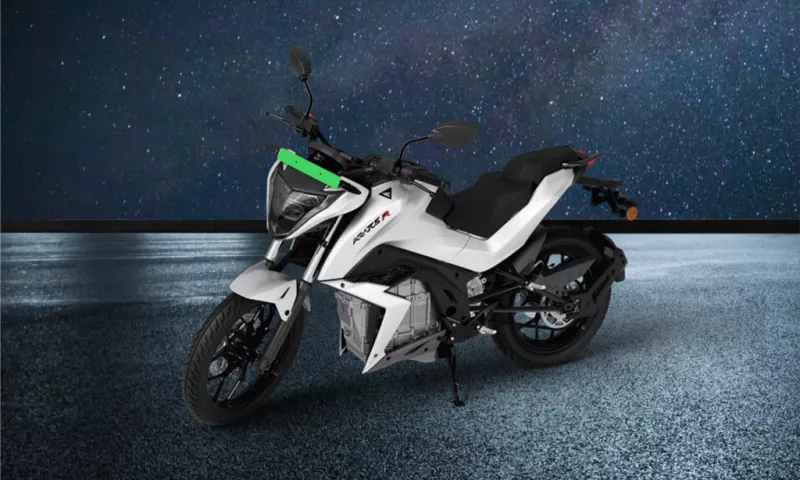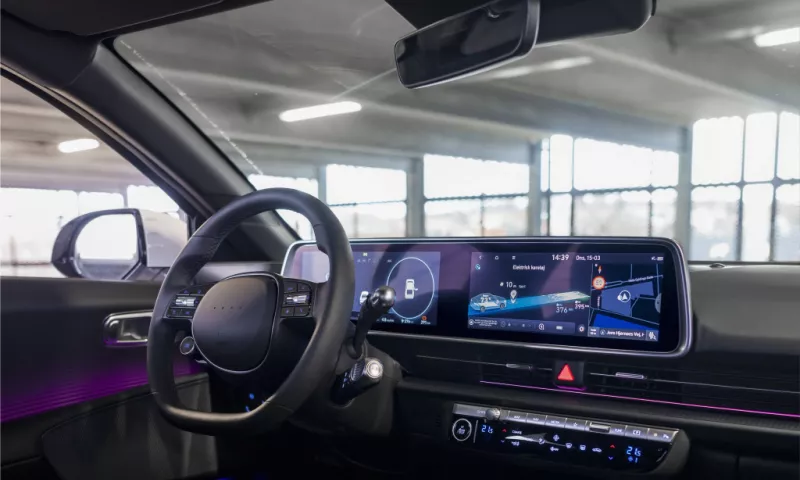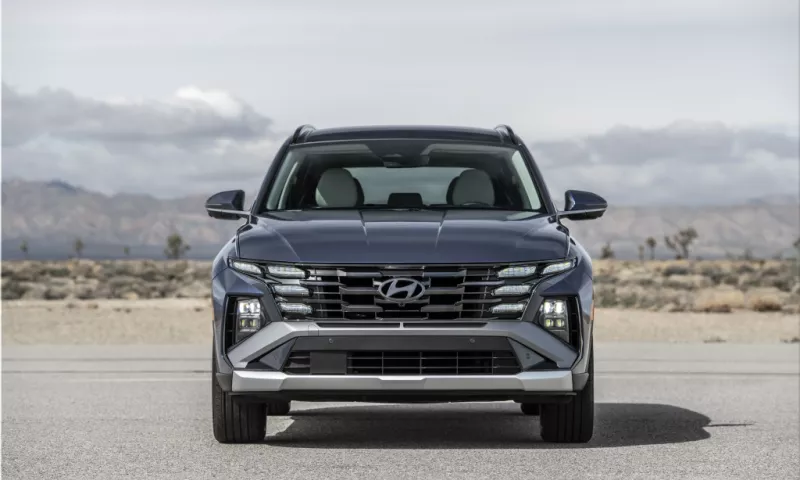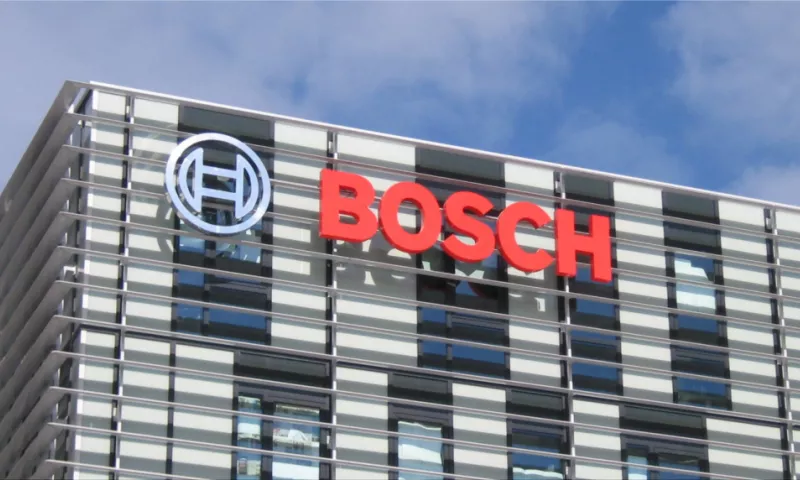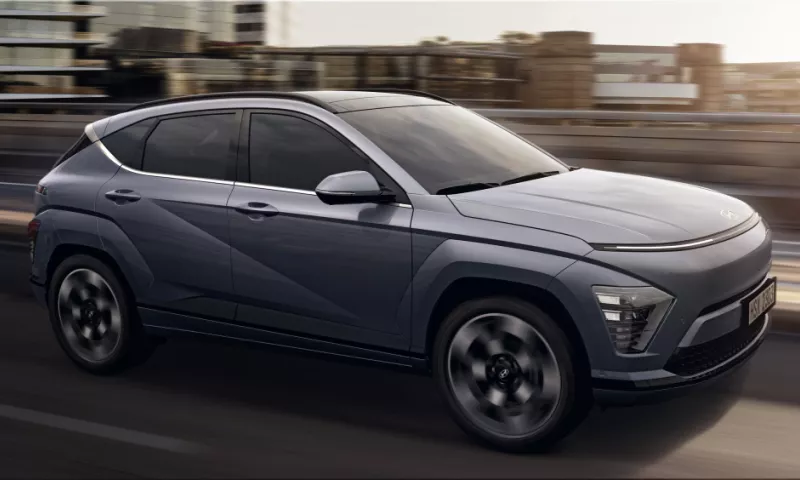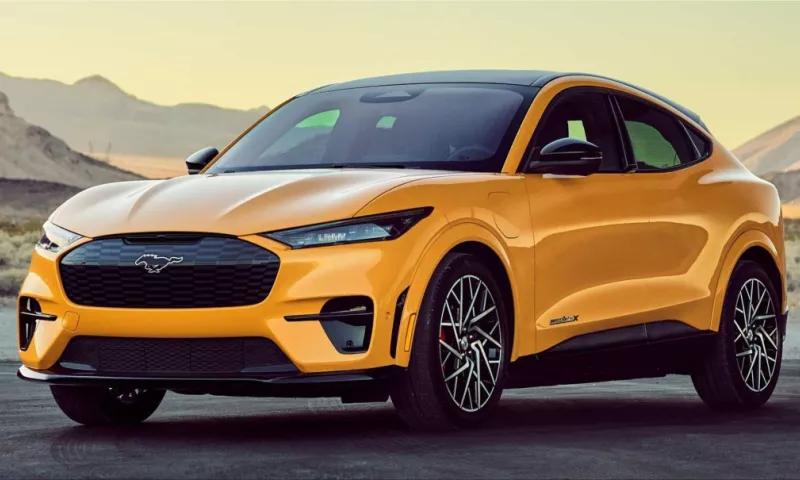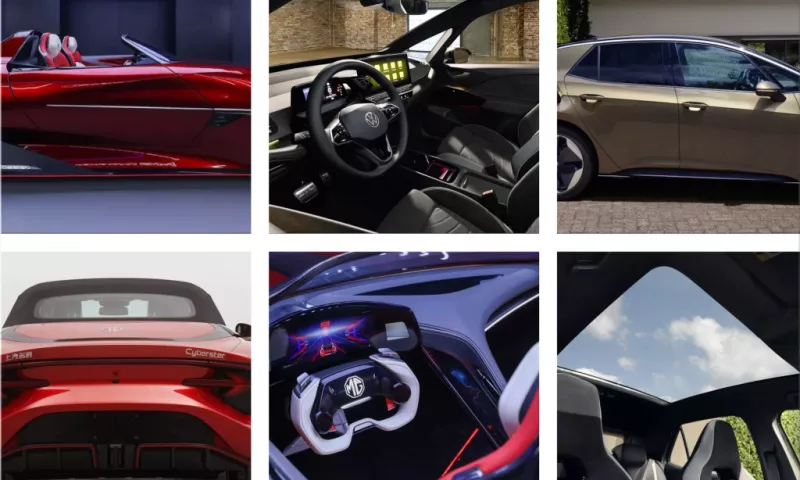Electric vehicles (EVs) are the future of transportation, offering many advantages over conventional cars, such as lower emissions, higher efficiency, and reduced maintenance costs. However, EVs also pose a challenge when it comes to their batteries, which have a limited life span and need to be replaced after a certain number of cycles.
What can you do with your old EV batteries when they are no longer suitable for powering your vehicle? Do you have to pay a hefty fee to dispose of them, or can you actually make some money from them?
The good news is that there are several ways to reuse or recycle your old EV batteries and even earn cash. In this article, we will explore some of the options you have and how they work.
Why Reuse or Recycle Your Old EV Batteries?
Before we dive into the details of how to make money from your old EV batteries, let’s first understand why it is important to reuse or recycle them in the first place.
One of the main reasons is environmental. EV batteries contain valuable metals and minerals, such as lithium, cobalt, nickel, and copper, which are finite and scarce resources that require a lot of energy and water to mine and process. By reusing or recycling these materials, you can help reduce the environmental impact of mining and manufacturing new batteries and prevent them from ending up in landfills or incinerators, where they can cause pollution and health hazards.
Another reason is economic. EV batteries are expensive components that account for a significant portion of the cost of an EV. By reusing or recycling them, you can recover some of the value of your investment and reduce the cost of ownership of your EV. Moreover, you can also contribute to the development of a circular economy, where waste is minimized and resources are optimized.
According to a report by Precedence Research, the global electric vehicle battery recycling market size was valued at USD 1.6 billion in 2021 and is expected to reach around USD 19.3 billion by 2030, growing at a high CAGR of 31.87% during the forecast period 2022 to 2030. This shows that there is a huge potential for making money from your old EV batteries in the coming years.
How to Make Money from Your Old EV Batteries?
Now that we have established why it is beneficial to reuse or recycle your old EV batteries let’s look at some of the ways you can do so and how much money you can make from them.
Sell Them to a Second-Life Program
One of the most common ways to make money from your old EV batteries is to sell them to a second-life program. These are programs that take used batteries and repurpose them for other applications, such as energy storage, backup power, or grid services.
For example, Nissan has a program called 4R Energy that uses old Leaf batteries to power street lights, buildings, or charging stations. BMW has a similar program called Battery 2nd Life that uses old i3 batteries to store renewable energy. Tesla also has a plan to use its old batteries for its Powerwall and Powerpack products.
The advantage of selling your old EV batteries to a second-life program is that you can get some money back for them and also help reduce waste and emissions. The downside is that you may get little money for them, as the programs usually pay based on the remaining capacity and quality of the batteries.
According to Battery University, an online resource on battery technology, the average price for a used EV battery pack is around USD 100 per kWh. If you have an old battery pack with a capacity of 40 kWh (such as in a Nissan Leaf), you could get around USD 4,000 for it. However, this price may vary depending on the condition and demand of the battery pack.

